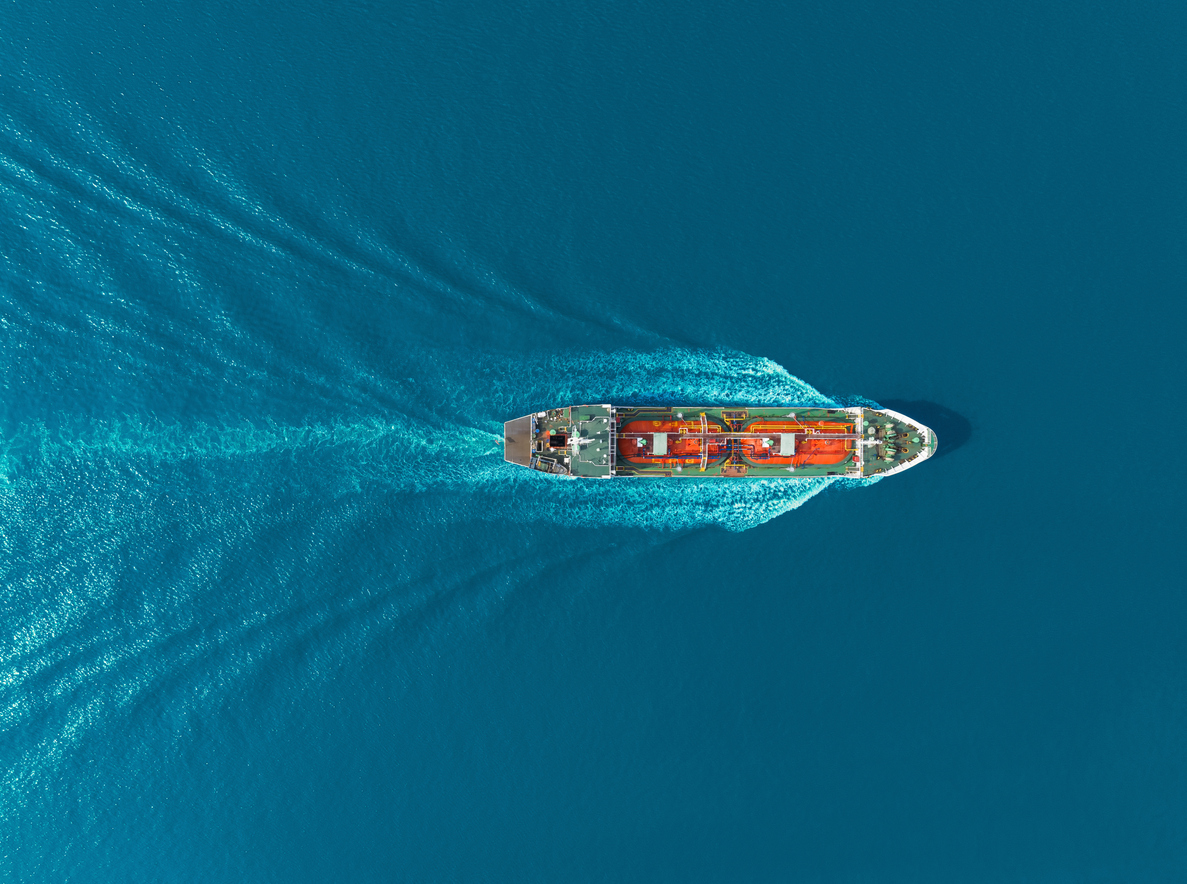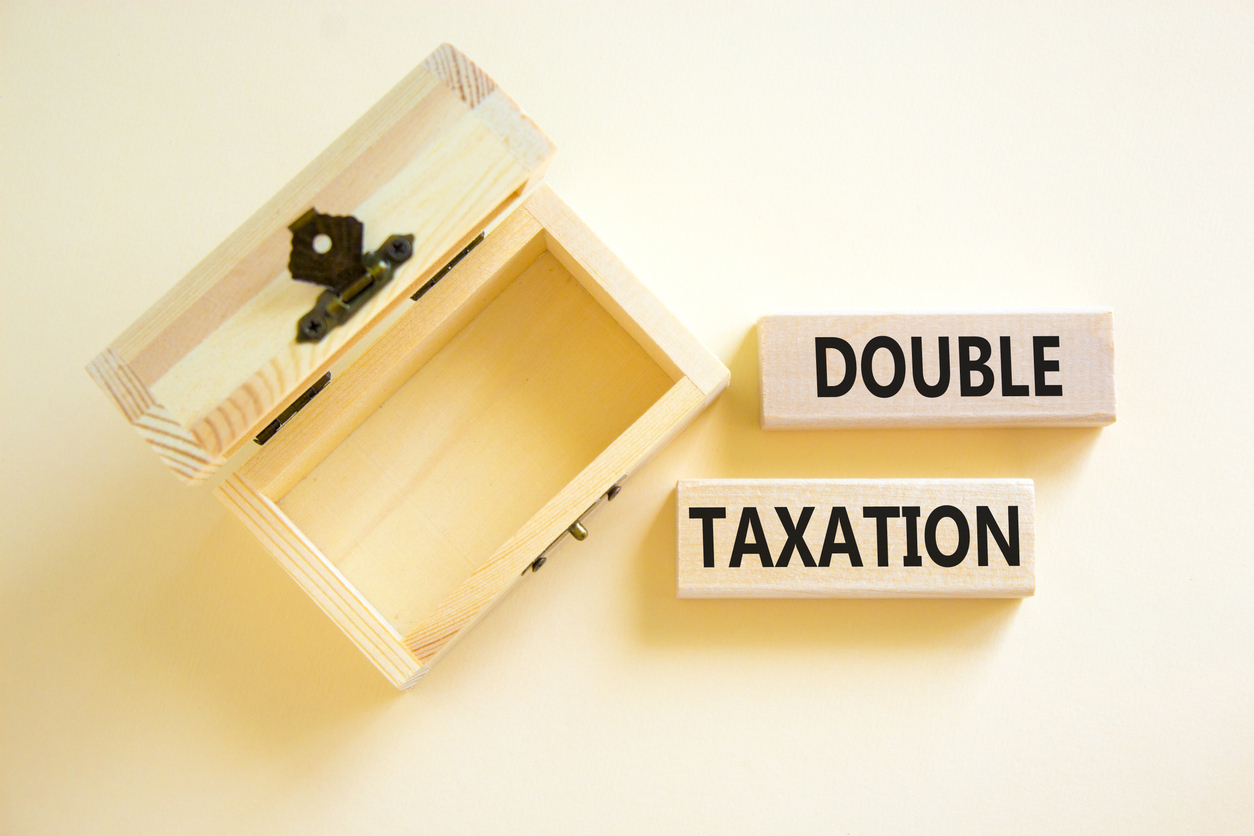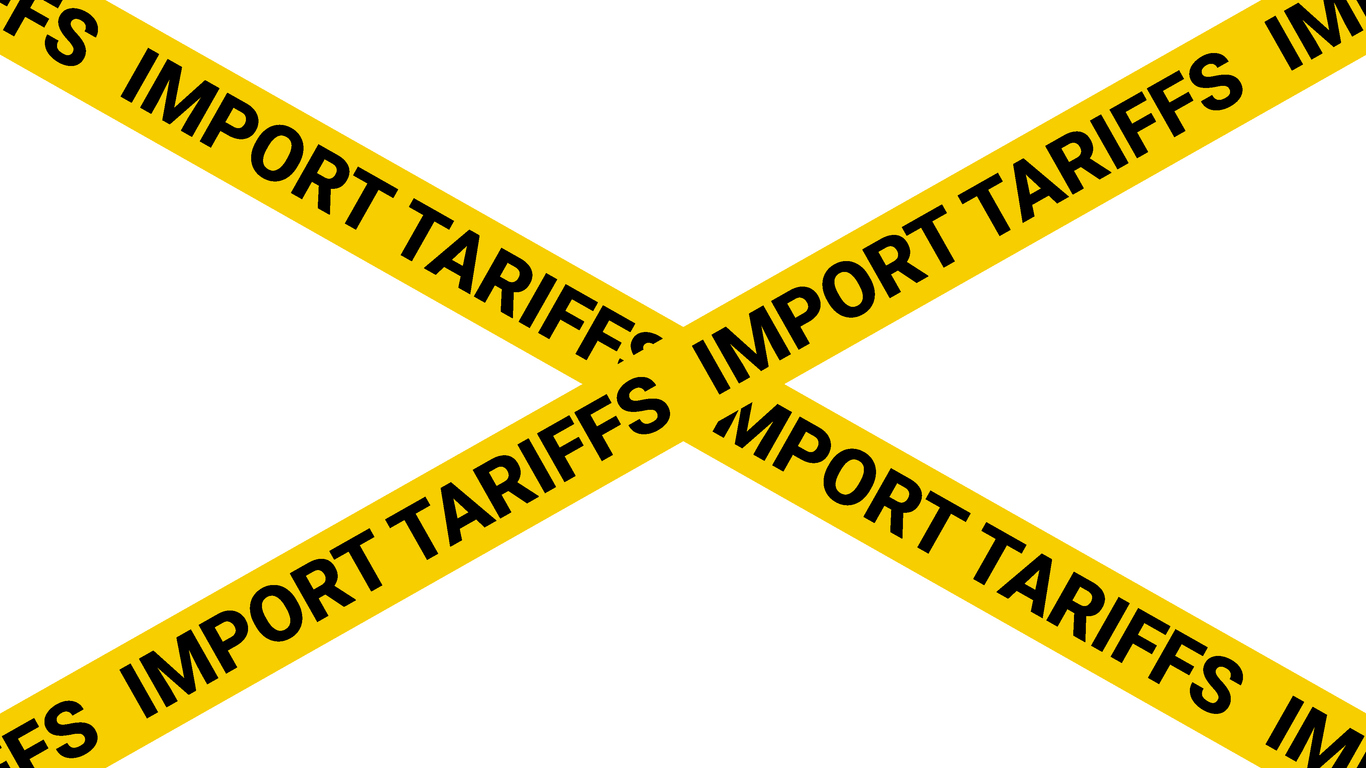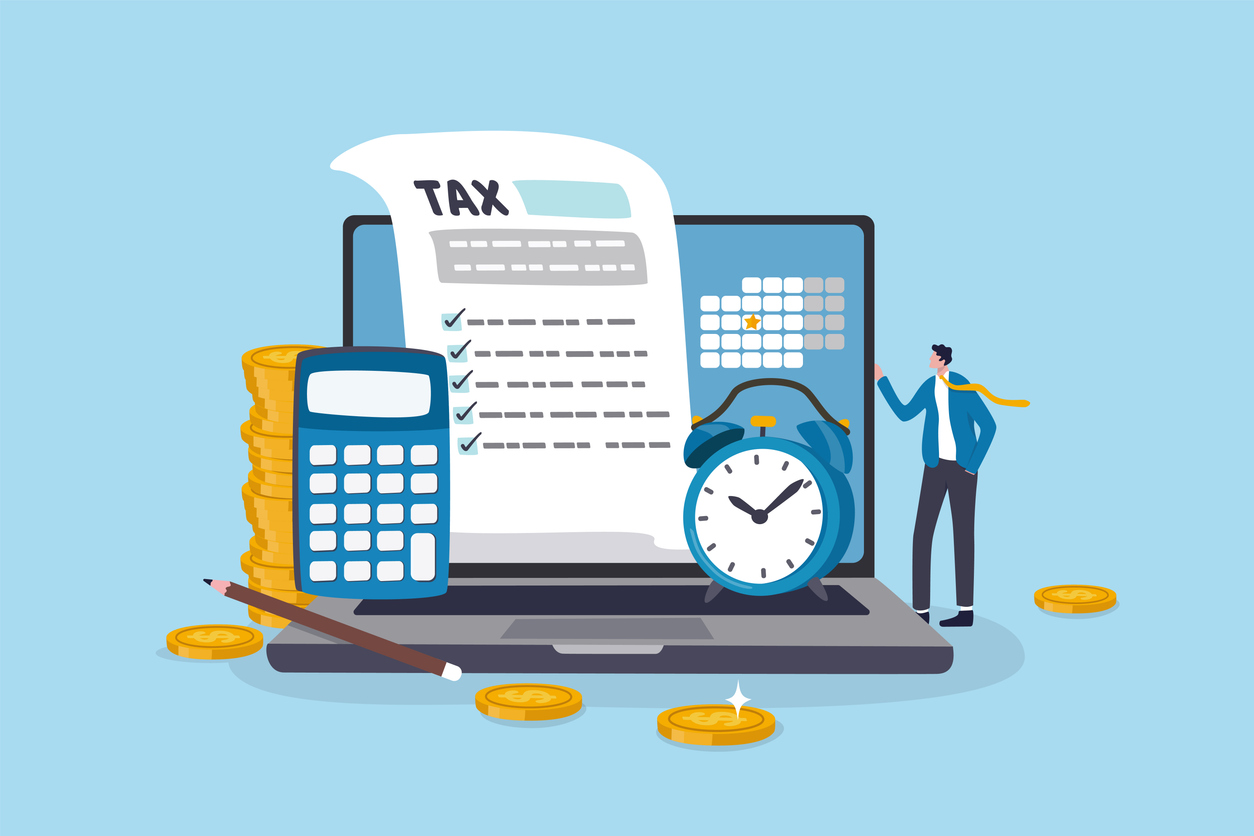Leasing Vessels in Nigeria: What You Need To Know
Leasing Vessels in Nigeria: What You Need To Know
When it comes to shipping, Nigeria’s oil and gas industry has a lot to offer. The country is home to some of the largest oil fields in sub-Saharan Africa, with reserves estimated at as much as 25 billion barrels of recoverable crude oil and natural gas liquids. The growth in production of crude oil, condensates, and natural gas liquids from onshore and offshore fields has led to a rise in domestic demand for shipping services. In order to cater to the needs of the domestic market for seaborne transportation services, leasing vessels in Nigeria has become an attractive option for many businesses operating in this space. Let us take a closer look at why leasing is beneficial and how you can lease your next vessel in Nigeria.
What is Vessel Leasing?
Vessel leasing is a contractual arrangement where one party, the lessor, transfers ownership of a vessel to another party, the lessee, for a specific period of time in exchange for a leasing rate. The leasing rate is the sum of all payments that the lessee has to make to the lessor throughout the agreed lease period.
Vessel leasing is a type of finance lease that is widely used in the marine transportation industry. One of the key advantages of vessel leasing is that it offers more flexibility when compared to other types of marine financing. This is due to the fact that there is no long-term commitment on either side – the lessor and lessee can terminate the agreement at any time without incurring hefty penalties.
Why lease vessels in Nigeria?
There are numerous benefits of leasing vessels in Nigeria, including the fact that it allows a company to access larger and more sophisticated vessels than they might otherwise be able to afford, without investing money in a new build or buying a second-hand vessel. Another advantage of leasing vessels is that it allows the lessee to reposition their fleet at any time by trading in a vessel that they currently have under lease for another one of their choosing. Finally, leasing vessels in Nigeria can help companies to avoid the hefty capital outlays associated with owning vessels outright.
When to lease a vessel?
There are many reasons to lease a vessel in Nigeria, including when you want to temporarily increase your fleet capacity to accommodate an increased demand for transportation services, when you need an additional vessel for a specific project, or when you want to test the market for a particular type of vessel before making the decision to purchase it.
Step by step guide on how to lease a vessel in Nigeria.
Limitations of leasing vessels in Nigeria.
The downside of leasing vessels is that it can be expensive compared to other forms of marine financing. Lease payments are generally higher than the interest payments on a loan and are often made in a shorter time frame. While the long-term commitment is shorter than that of a loan, the up-front payments can be significant, especially if you are leasing a larger vessel. It can be extremely difficult to find a lender if you have a substandard credit rating, which means that leasing your vessels in Nigeria might not be an option at all.
Final Words: Wrapping up
As we have seen, there are many advantages to leasing your vessels in Nigeria. It can allow you to temporarily increase your fleet capacity, access larger and more sophisticated vessels, reposition your fleet at any time, and avoid the hefty capital outlays associated with owning vessels outright. Nevertheless, leasing vessels is an expensive option, and it can be extremely difficult to find a lender if you have a substandard credit rating.








LEAVE A COMMENT
You must be logged in to post a comment.